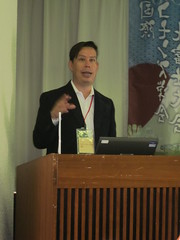 I give a lot of talks and present a lot of my work at conferences, both nationally and internationally. But this 2013, for a number of circumstances (mostly, personal and some logistical), I hadn’t been able to present my papers at the conferences I had already scheduled. So being able to present at the Latin American Studies Association conference in Washington DC in the US and the International Association for the Study of the Commons conference in Kitafuji in Japan gave me two solid weeks of fully-immersed scholarly reflection (you can read on what I talked about at IASC 2013 here). And the picture below reflects exactly how I feel (as found on the When In Academia Tumblr):
I give a lot of talks and present a lot of my work at conferences, both nationally and internationally. But this 2013, for a number of circumstances (mostly, personal and some logistical), I hadn’t been able to present my papers at the conferences I had already scheduled. So being able to present at the Latin American Studies Association conference in Washington DC in the US and the International Association for the Study of the Commons conference in Kitafuji in Japan gave me two solid weeks of fully-immersed scholarly reflection (you can read on what I talked about at IASC 2013 here). And the picture below reflects exactly how I feel (as found on the When In Academia Tumblr):
I do think that was totally wicked. LASA 2013 was fantastic in that I was again surrounded by Latin American Studies scholars, in that I met a lot of academics I wanted to meet in person that I had talked to and followed on Twitter, and that I rekindled my friendships after many years of not seeing some of my scholarly friends.
But it was at IASC 2013 that I felt reborn and my internal academic fire re-ignited. You’ll see, if you have read my academic and research blog, you’ll know that I didn’t manage to solve the two-body problem, and that after 8 years, I experienced a really big loss.
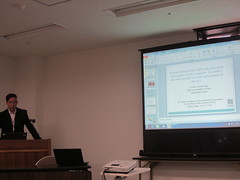 However, participating in LASA, and more importantly, being at IASC surrounded by academics who care about me on a personal level, and who believe in my research and my potential to contribute to scholarship on the commons really healed me, on a personal level, and pushed me continue working to further our understanding of how neoinstitutional theory can be applied to understand problems of what Charlotte Hess calls “negative commons”, e.g. – wastewater.
However, participating in LASA, and more importantly, being at IASC surrounded by academics who care about me on a personal level, and who believe in my research and my potential to contribute to scholarship on the commons really healed me, on a personal level, and pushed me continue working to further our understanding of how neoinstitutional theory can be applied to understand problems of what Charlotte Hess calls “negative commons”, e.g. – wastewater.
The truth is that academic conferences, despite the expense, and in spite of how much distance sometimes one needs to travel, are incredible vehicles not only to get feedback on your research projects, but also to network and build new scholarly collaborations (as well as friendships). I am eternally grateful to IASC (the organization), Professor Merino and Dr. Meg McKean (co-organizer of IASC 2013), because I feel much more motivated to continue applying what I learned from Elinor Ostrom and Vincent Ostrom to tackle intractable resource problems after participating in IASC 2013.
I also volunteered to help organize IASC 2015 in Edmonton, Alberta, in my adoptive country of Canada. Hopefully I will get to see many of you there.
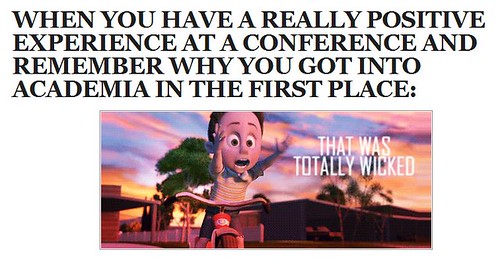
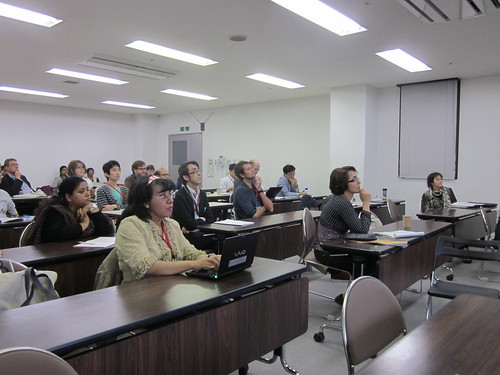
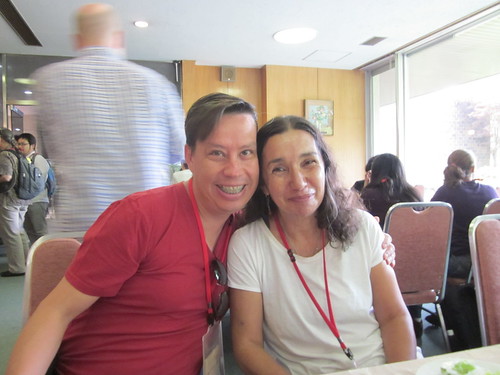


0 Responses
Stay in touch with the conversation, subscribe to the RSS feed for comments on this post.